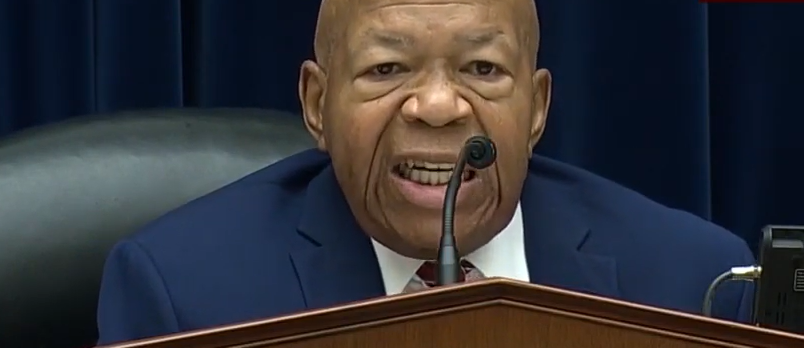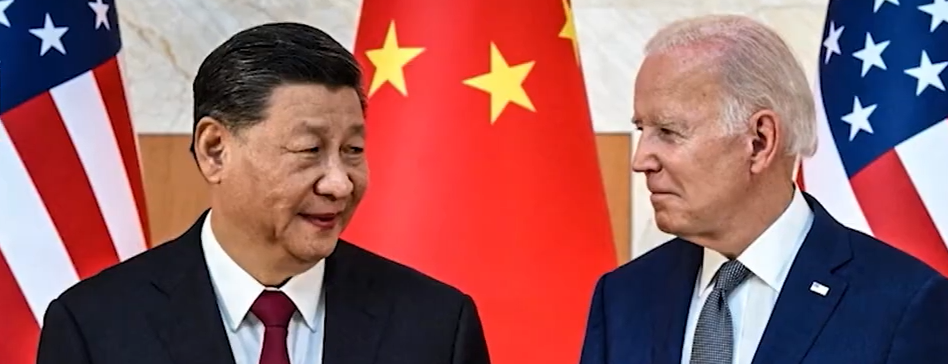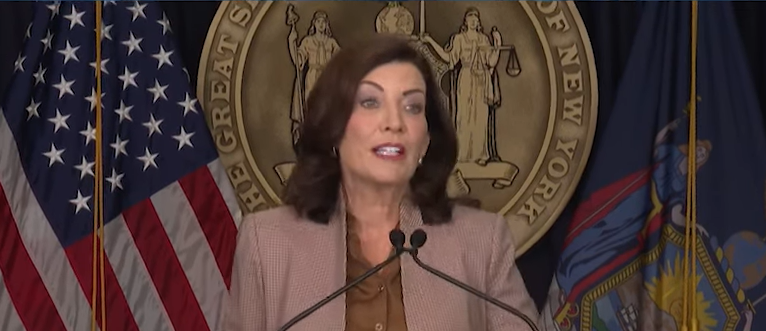Photos: YouTube
The January 6 committee hearings have put into stark relief just how close Donald Trump and his supporters came to overturning the 2020 presidential election. But the insurrection itself was just one part of a broader political trend of our democracy — and its constituent institutions — coming under assault.

The Supreme Court has been an essential part of this anti-democratic story. In recent years, the Court has undermined campaign finance regulations, gutted safeguards to the ballot and given the green light to Republican partisan gerrymanders. Far from slowing down, conservatives on the Court are at it again this year, working to undermine our government supposedly of, by, and for the people. In the face of this onslaught, organizers are pursuing strategies to protect the right to vote at the local and state levels.
This term, the justices on the Supreme Court put two lower court rulings on hold, allowing racial gerrymanders in Alabama and Louisiana to be enacted for the upcoming election in 2022. The radical wing of the Court likewise struck down state legislative maps in Wisconsin for including too many majority-Black districts, and unraveled core civil liberties by overturning Roe v. Wade and curtailing Miranda rights.
In the next judicial term, there will almost certainly be even more destruction. The Supreme Court will hear arguments on whether to let the racial gerrymanders in Alabama and Louisiana remain operative for the entire decade (i.e. they will decide to what degree the Voting Rights Act guards against racial gerrymanders). Should the Court again gut the Voting Rights Act, as it did previously in 2013 and last year, it would represent a code red for the promise of a multi-racial democracy.
Equally troubling, the justices added to the fall docket Moore v. Harper, a case seeking to override the North Carolina Supreme Court’s decision to strike down the state GOP’s new congressional partisan gerrymander. If the plaintiffs are successful, the egregious gerrymander — one that would undemocratically lock-in Republican electoral dominance — would be reinstated.
Moore also serves as a vehicle for a radical conservative legal theory that would severely constrain avenues to push back against anti-democratic actions in the states. Democracy advocates are sounding the alarm about the case, and continuing their efforts to elect pro-democracy politicians and pass policies to protect our representative system of government.
Plaintiffs in Moore argue that the Constitution grants the power to set regulations for federal elections only to state legislatures (with the caveat that this power is subject to federal oversight). As such, state constitutions and state supreme courts cannot, in their view, overturn state legislative action as it pertains to the conduct of federal elections.
Referred to as the “independent state legislature theory,” this interpretation of the Constitution has “long [been] relegated to the fringe of election law.” In its most radical interpretation, it could mean that the governor, secretary of state, and election boards also lose the power to constrain the actions of state legislatures regarding federal elections. And delegation of authority to election officials, independent redistricting commissions, and ballot measures regulating elections could be undermined, as well.
The adoption of independent state legislature theory could lead to extreme cases of voter suppression and, potentially, GOP efforts to overturn federal elections results — including presidential elections by unjustly awarding presidential electors. Read more.








